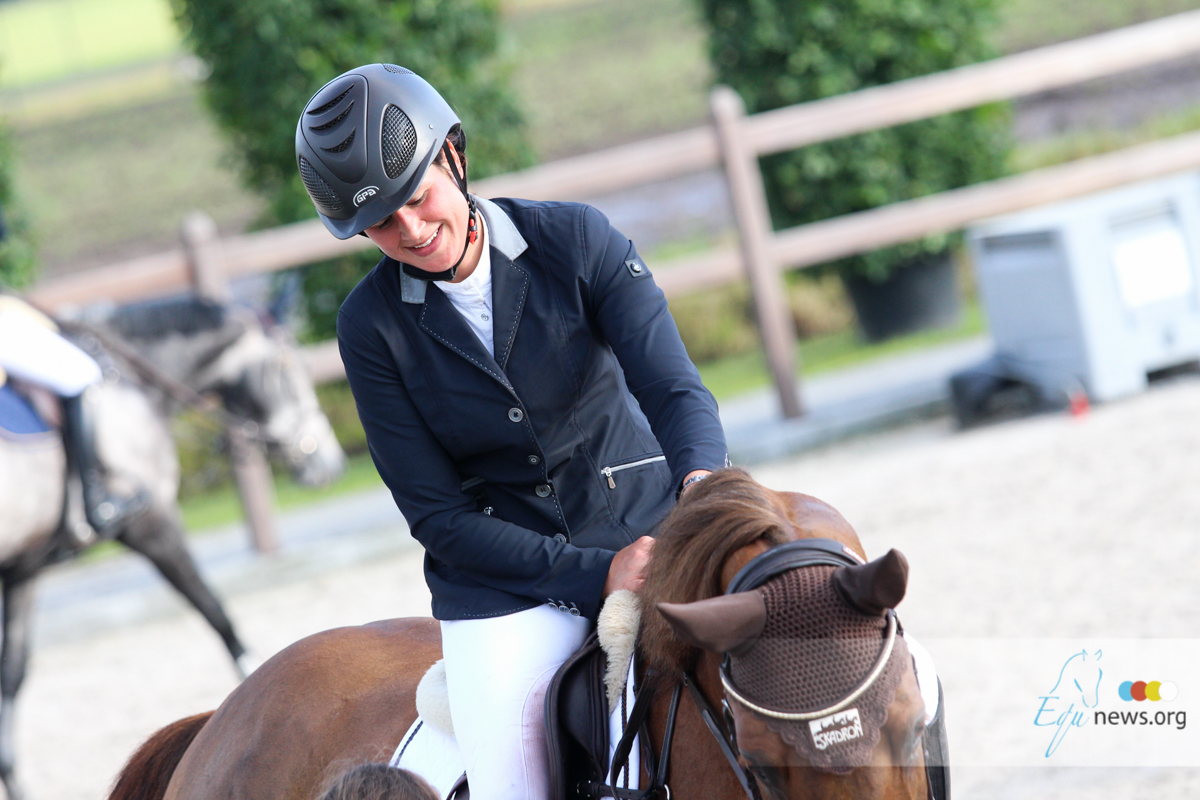New research shows that bedding does matter, and so does the amount of bedding available. In fact, the more soft bedding (straw or shavings) available, the more time horses spend lying down. Longer times spent lying down are important, as they allow horses to recover from stress and exercise, promoting better equine welfare, said Christina Rufener, PhD, researcher at the Agroscope research center at the Swiss National Stud Farm, in Avenches, Switzerland. She presented her findings at the 10th Annual Swiss Equine Research Day, held in April in Avenches. Rufener and colleagues tested 38 horses divided into eight groups, each of which lived in group housing and were tested in four different bedding scenarios based on the Swiss welfare requirements. Swiss law requires that horses be offered a minimum surface area of straw or shavings as a function of their body height. For example, a 17-hand (170 cm) horse in a group housing situation should have at least 75 ft² (7.5 m²) of “resting area.” They also found that regardless of the bedding dimensions, low-ranking horses spent more time lying down in areas with fewer or no shavings than high-ranking horses, she added. Without the bedding, however, the horses rarely lie down, Rufener relayed. Providing comfortable bedding is, therefore, critical to equine welfare, she said. “Our study showed that horses prefer lying down on bedding and that hard rubber mats are not an adequate support surface for them,” Rufener concluded. “The minimum statutory bedding requirements (in Switzerland) seem to be adequate, but there are large differences among individuals,” she added. “Including social parameters in our study revealed that optimizing the bedding areas with more interspersion of the bedding can help improve the welfare for the lower-ranking horses, as well.”
If your horse needs more rest, give more bedding
-
categories: Lifestyle



